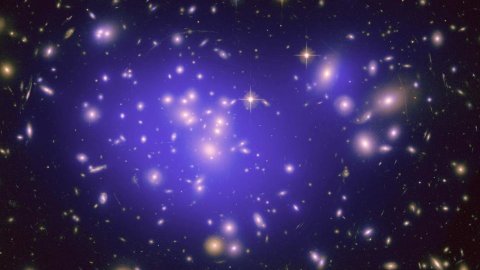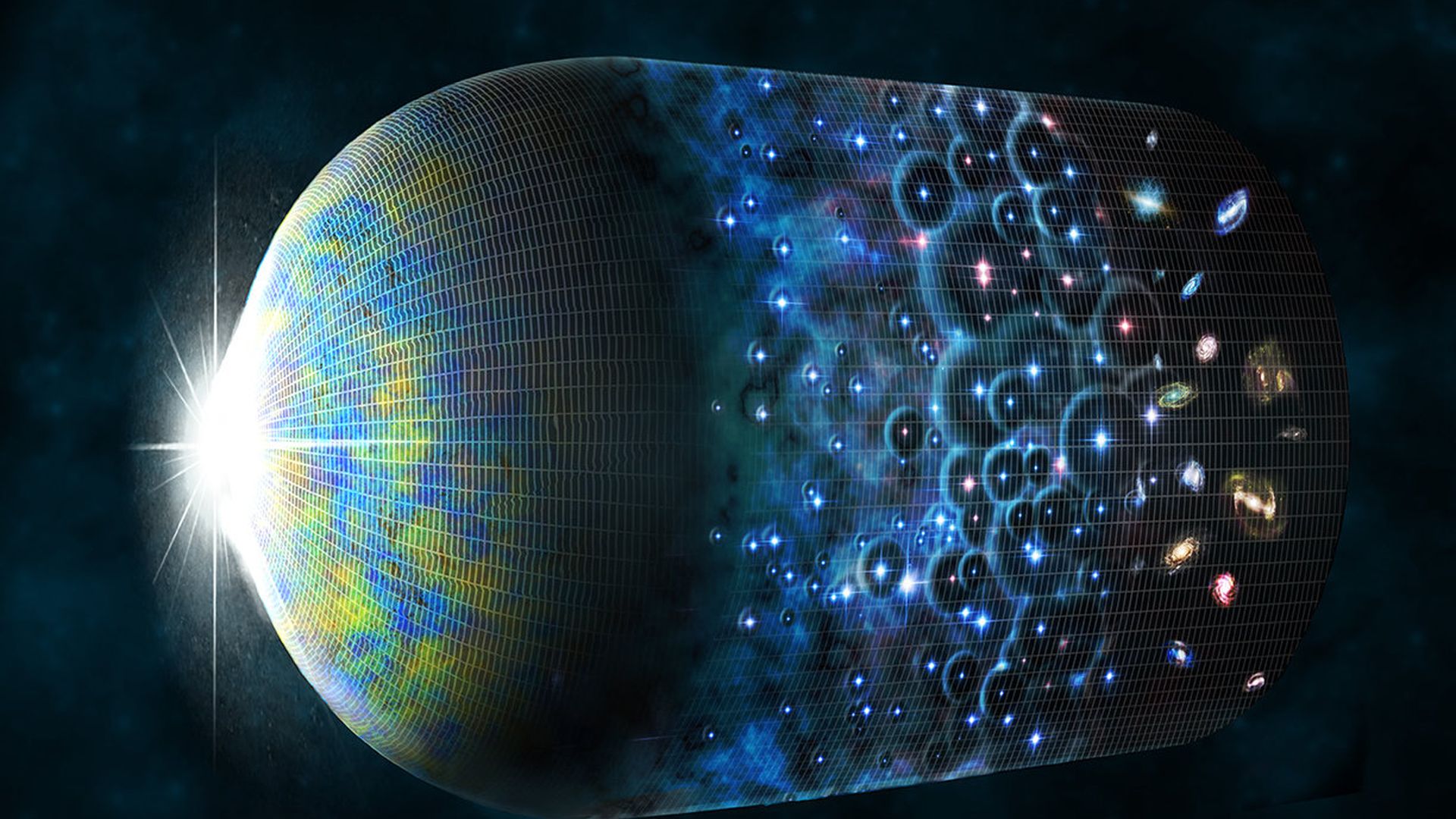The Universe Doesn’t Need Dark Energy To Expand Faster, Says New Theory

“Dark energy” is a mysterious force that is predicted to take up more than 68% of our universe. Since observations in 1990s that the expansion of the universe is accelerating, dark energy has been the leading hypothesis to explain why. Now three mathematicians claim they can show why the expansion is speeding up without the need to invoke dark energy, which they call “a fudge factor”.
The idea of dark energy is linked to Einstein’s Theory of General Relativity. Believing in 1917 that the universe was static and looking to address the issue of “vacuum energy”, Einstein added a cosmological constant to represent an anti-gravitational force. When the fact of universe’s expansion was confirmed, Einstein shelved the constant, calling it his greatest mistake.
But in order to explain why the expansion is speeding up, the idea of the cosmological constant came back into fashion as being interchangeable with dark energy – a fact that did not sit well with Blake Temple and Zeke Vogler from the UC Davis and Joel Smoller from the University of Michigan, Ann Arbor. In their new paper they argue that invoking dark energy is not necessary since Einstein’s equations in the original theory of General Relativity are correct. What needs adjusting is the idea that the universe expands in a uniform way.
“We set out to find the best explanation we could come up with for the anomalous acceleration of the galaxies within Einstein’s original theory without dark energy,” said Temple.
The mathematicians explain that cosmological models based on Friedmann equations, which govern the expansion of space in the universe, assume that matter is expanding evenly throughout. But the equations actually show this kind of space-time model is unstable, propose the scientists. Any disturbance will put it into acceleration.
The scientists says that the universe as a whole cannot be measured as one static entity, as its inherent instability prevents that. Instead, you can measure local space-times created by the instability. These would have the same cosmic accelerations as in the theories of dark energy, maintain the mathematicians.
“The math isn’t controversial, the instability isn’t controversial,” Temple said. “What we don’t know is, does our Milky Way galaxy lie near the center of a large under-density of matter in the universe.”
Their paper also includes predictions that can be tested to separate their model from dark energy models.
You can read the paper in the Proceedings of the Royal Society A.
Want to know more about dark energy? Check out this video:





